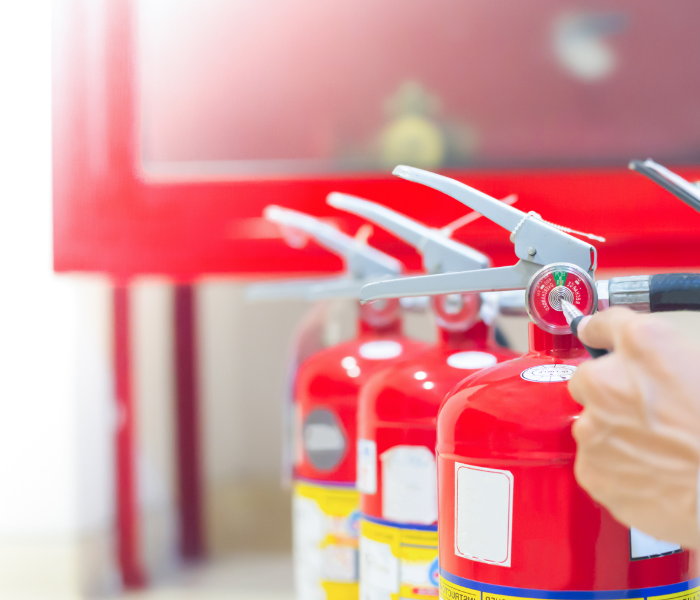
Fire safety is a crucial aspect of maintaining a secure and comfortable home environment, especially in regions like Minneapolis, MN, where varying weather conditions can pose unique challenges. By implementing preventive measures and ensuring readiness for emergencies, you can significantly reduce the risk of fire and protect your loved ones and property. Here are some essential fire safety tips tailored for residential homes in Minneapolis:
1. Install Smoke Alarms and Carbon Monoxide Detectors
Smoke alarms are your first line of defense against fire emergencies. Install smoke alarms on every level of your home, including inside bedrooms and near sleeping areas. Test them monthly and replace batteries at least once a year. Consider interconnected alarms so that if one sounds, they all do. Additionally, install carbon monoxide detectors near sleeping areas and on every level of your home to detect this odorless, deadly gas.
2. Create a Fire Escape Plan
Develop and practice a fire escape plan with all members of your household. Identify two ways out of every room, if possible, and establish a meeting place outside. Practice your escape plan regularly, especially with children, to ensure everyone knows what to do in case of a fire. Make sure windows and doors can be easily opened from the inside.
3. Maintain Heating Equipment
Minneapolis winters necessitate reliable heating systems, but they can also increase fire risks if not properly maintained. Have your furnace, fireplace, and wood stove inspected annually by a professional. Keep combustible materials such as paper, curtains, and furniture away from heat sources. If using space heaters, place them on a flat, stable surface and keep flammable items at least three feet away.
4. Practice Safe Cooking Habits
Cooking is a leading cause of home fires. Never leave cooking food unattended, and keep flammable items such as dish towels and oven mitts away from heat sources. Turn pot handles inward to prevent accidental spills. Keep your stovetop and oven clean to prevent grease buildup, which can ignite. In case of a grease fire, smother flames with a lid and turn off the heat—never use water.
5. Electrical Safety
Inspect electrical cords for damage and replace any that are frayed or cracked. Avoid overloading outlets or extension cords, and never run cords under rugs or furniture where they can overheat. Use surge protectors for high-wattage appliances and turn off appliances when not in use. Consider having a qualified electrician inspect your home’s wiring if you experience frequent electrical issues.
6. Smoking Safety
If you smoke, do so outside and use deep, sturdy ashtrays. Never smoke in bed or when drowsy, as falling asleep with a lit cigarette is a common cause of fires. Ensure cigarettes and ashes are fully extinguished before disposing of them, preferably in water.
7. Keep Fire Extinguishers Ready
Place fire extinguishers on every level of your home, especially in the kitchen and garage where fires often start. Learn how to use them properly—remember the acronym PASS: Pull the pin, Aim at the base of the fire, Squeeze the trigger, and Sweep from side to side. Regularly inspect extinguishers and replace them if damaged or expired.
8. Maintain Your Smoke Alarms
Regularly test your smoke alarms to ensure they are working properly. Replace batteries at least once a year and consider replacing smoke alarms every ten years.
9. Be Prepared for Emergencies
Keep important documents, such as insurance policies and identification, in a fireproof safe or store copies in a secure location outside your home. Ensure your address is clearly visible from the street to help emergency responders find your home quickly.
10. Educate Your Family and Neighbors
Spread fire safety awareness in your community by sharing these tips with your neighbors and encouraging them to practice fire safety in their homes. Consider organizing or participating in local fire safety events or workshops.
By following these fire safety tips tailored for Minneapolis homes, you can significantly reduce the risk of fire and ensure your family’s safety and well-being. Stay vigilant, prepared, and proactive in protecting your home from fire hazards.
